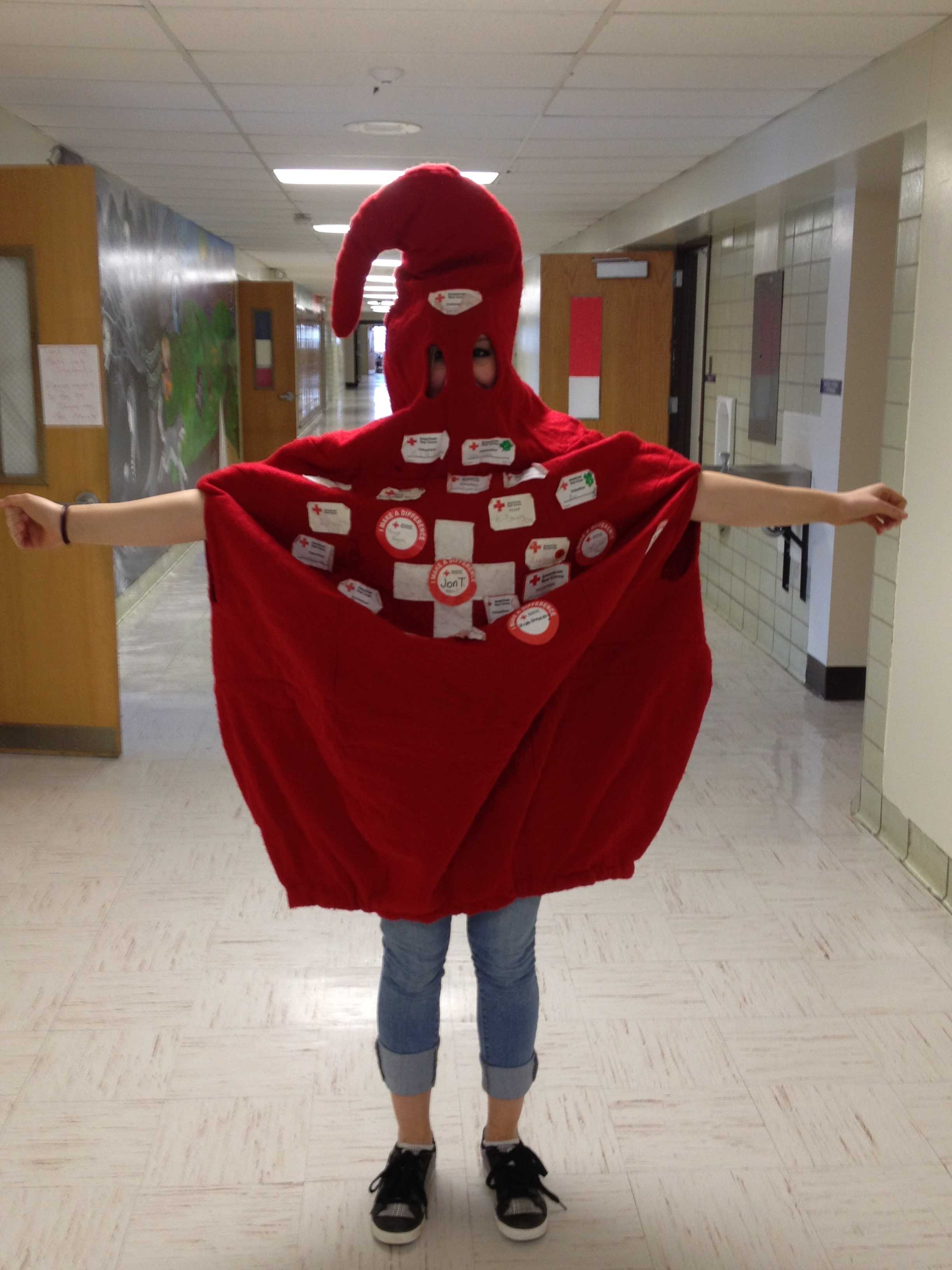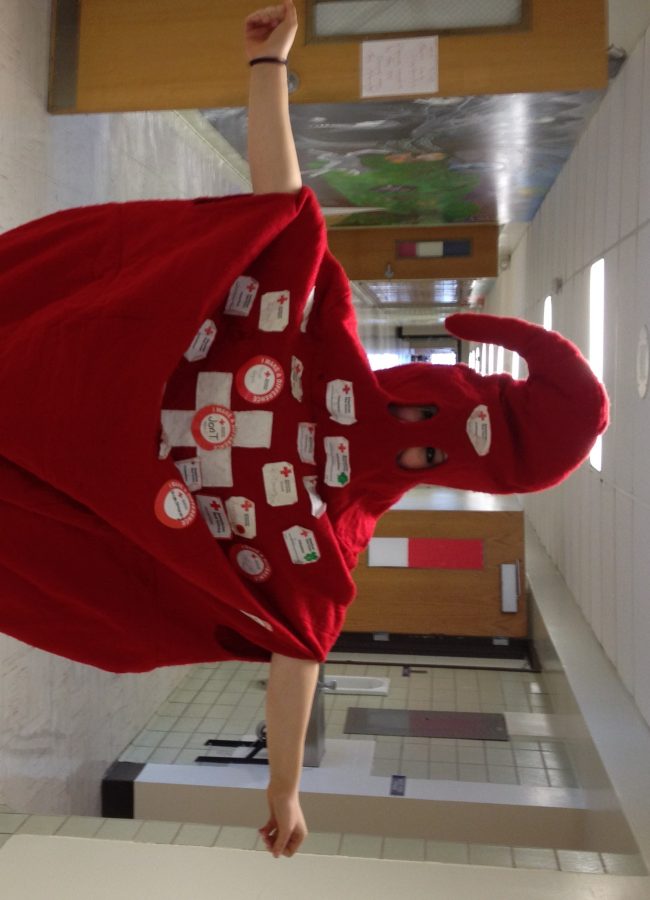
Written by Steph Strucaly |
Every two seconds, someone in the U.S. needs blood. A single car accident victim is in need of 100 pints of blood. And you can help.
The Morgan National Honor Society is organizing its semi-annual blood drive held by the American Red Cross in Gym A on Wednesday, May 2. NHS is encouraging all students, 17 and older, as well as teachers to sign up for an appointment to give blood. Sign-ups will be during E period in the lunch room this Wednesday the 11th.
I wanted to find out how much of an impact our upcoming blood drive can have. My mom, Anne Baker, is a former employee at the American Red Cross Center in Farmington, CT, the former blood bank manager at the Hospital of Saint Raphael’s, and is the current blood bank manager at Yale New Haven Hospital. I talked with her about the donating process and what happens after the blood leaves Morgan. Once donated, the blood is shipped to the Red Cross center in Farmington, where it is tested for blood type, infections, and diseases. Test results usually come back in a day, and if negative for any impurities, the blood is manufactured into red cell product, plasma product, and platelet product. The products are labeled and sent to hospitals in the state who have made an order for blood. At Yale, my mom and her blood bank take inventory and make orders to the Red Cross every single day. “The demand at Yale is very high- it’s amazing. There are so many cancer patients, trauma patients, and surgery patients we support that our inventory is absolutely huge.”
The two most common reasons people say they don’t give blood are, “I never thought about it” and “ I don’t like needles”. My mom, who donates blood every time she is eligible encourages everyone to give blood as often as possible. “People may have fears or just never get around to donating, but they too at one point could need a blood transfusion. Only 5% of the population donates, and it’s really sad. You never know when an accident will happen. Giving blood is the right thing to do, if you can do it.” NHS is encouraging students to start getting involved now while they’re young. Becoming a donor now will only benefit more people. Imagine how many lives you can save in your whole lifetime by starting early. The ratio even says it: 1 person saves 3 people.
For more information on giving blood, donation statistics, and the American Red Cross, visit:
http://www.redcrossblood.org/


